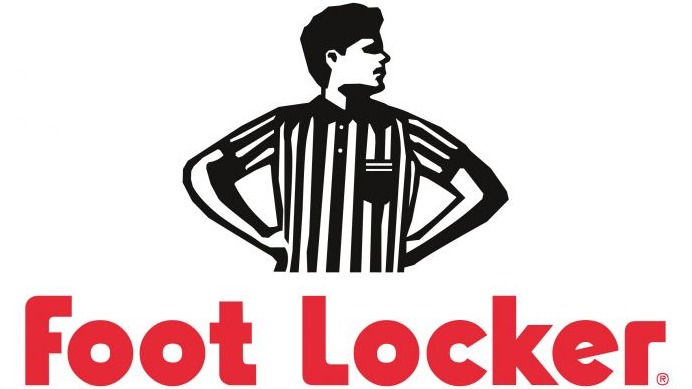Mastercard has launched a generative AI (GenAI) tool that promises to offer shoppers personalised product recommendations.
The tool, dubbed Shopping Muse, will interpret search terms used by customers such as “cottagecore” or “beach formal” to suggest items that fit with shopper’s browsing history and historical purchases.
Mastercard said that Shopping Muse will help customers find the right items even if they cannot explain in words. The service will also use image recognition tools, allowing retailers to recommend relevant items based on visual similarity.
The tool has been developed by Dynamic Shield, personalisation platform developer acquired by Mastercard in 2022 from fast food retailer McDonalds.
Mastercard said that AI tools like Shopping Muse can help retailers adapt to changing demands and higher consumer expectations. It estimates that over a quarter of retailers are using GenAI tools with around 13 per cent planning to adopt them next year.
“Personalisation gives people the shopping experiences they want, and AI-driven innovation is the key to unlocking immersive and tailored online shopping,” said Ori Bauer, chief executive of Dynamic Yield by Mastercard.
“By harnessing the power of generative AI in Shopping Muse, we’re meeting the consumer’s standards and making shopping smarter and more seamless than ever.”
Latest News
-
Tesco makes ‘significant strides’ on safety through body worn cameras
-
Flying Tiger Copenhagen appoints new group chief executive
-
Walgreens cuts over 600 jobs after buyout
-
Mango opens first store in Limerick as part of expansion plan
-
eBay and Etsy to buy Depop for $1.2bn
-
REWE opens automated fresh food facility to serve Berlin outlets
Beyond Channels: Redefining retail with Unified Commerce
This Retail Systems fireside chat with Nikki Baird, Vice President, Strategy & Product at Aptos will explore how unified commerce strategies enable retailers to tear down these barriers and unlock new levels of operational agility and customer satisfaction.
The future of self-checkout: Building a system that works for consumers and retailers
In this webinar, industry leaders discussed what the future of self-checkout looks like and how retailers can make the technology work for everyone.
© 2024 Perspective Publishing Privacy & Cookies



.png)





Recent Stories